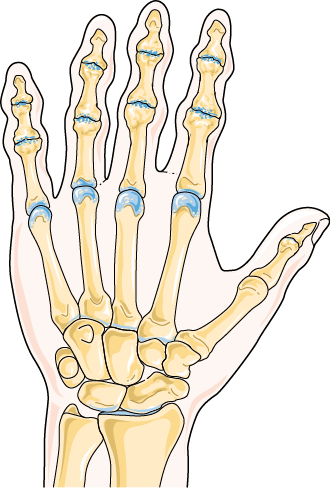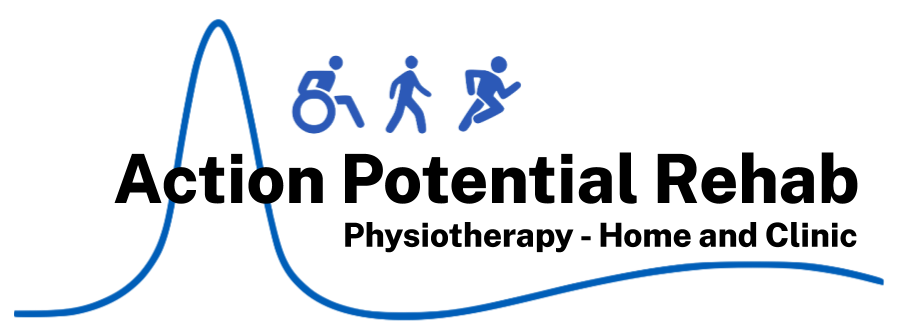Home / Conditions / Osteoarthritis
Osteoarthritis

Osteoarthritis is the gradual degeneration of the protective cartilage on the end of some bones, called articular cartilage. Osteoarthiritis is the most common type of arthritis and typically affects joints in the hips, knees, hands, and spine. There is currently no cure for OA, although physiotherapy, weight management, and some medications can manage pain and improve mobility. For severe OA, surgical intervention may be helpful.
Symptoms of osteoarthritis often develop gradually and may intensify over time. Indications of OA can include:
- Joint pain which is typically worsened during strenuous activity and improved during rest
- Joint stiffness, particularly after periods of rest
- Joint inflammation (swelling) around affected joints
- A grinding or grating sensation or sound within affected joints
Risk factors for the development of OA can include:
- Advanced age, although OA is not an unavoidable element of aging
- Women are more likely to develop OA than men
- Excess body weight puts more stress on weight-bearing joints such as the hips and knees, and can contribute to deterioration
- Repeated stress on a joint due to a sport or one’s occupation
- Muscle and ligament weakness surrounding joints puts more stress on the supporting structures
- Genetic predisposition causes some people to inherit a tendency to develop OA
Physiotherapists at Action Potential Rehabilitation specialize in treament and management of OA and its symptoms. Careful, gentle exercises can strengthen muscles around your joints and improve flexibility and decrease pain. To learn more about our range of osteoarthritis treatments, please visit the next page.
Image references:
- Arthrose_main1. (2017, March 14). Retrieved July 12, 2020, from https://smart.servier.com/smart_image/Arthrose_main1/
This website provides general information about our services and conditions treated. It is not intended to be used for self-assessment or treatment, and is not a substitute for an individualized treatment plan developed by a registered physiotherapist.
By the Action Potential Rehabilitation Staff
Page last reviewed: June 2, 2023
